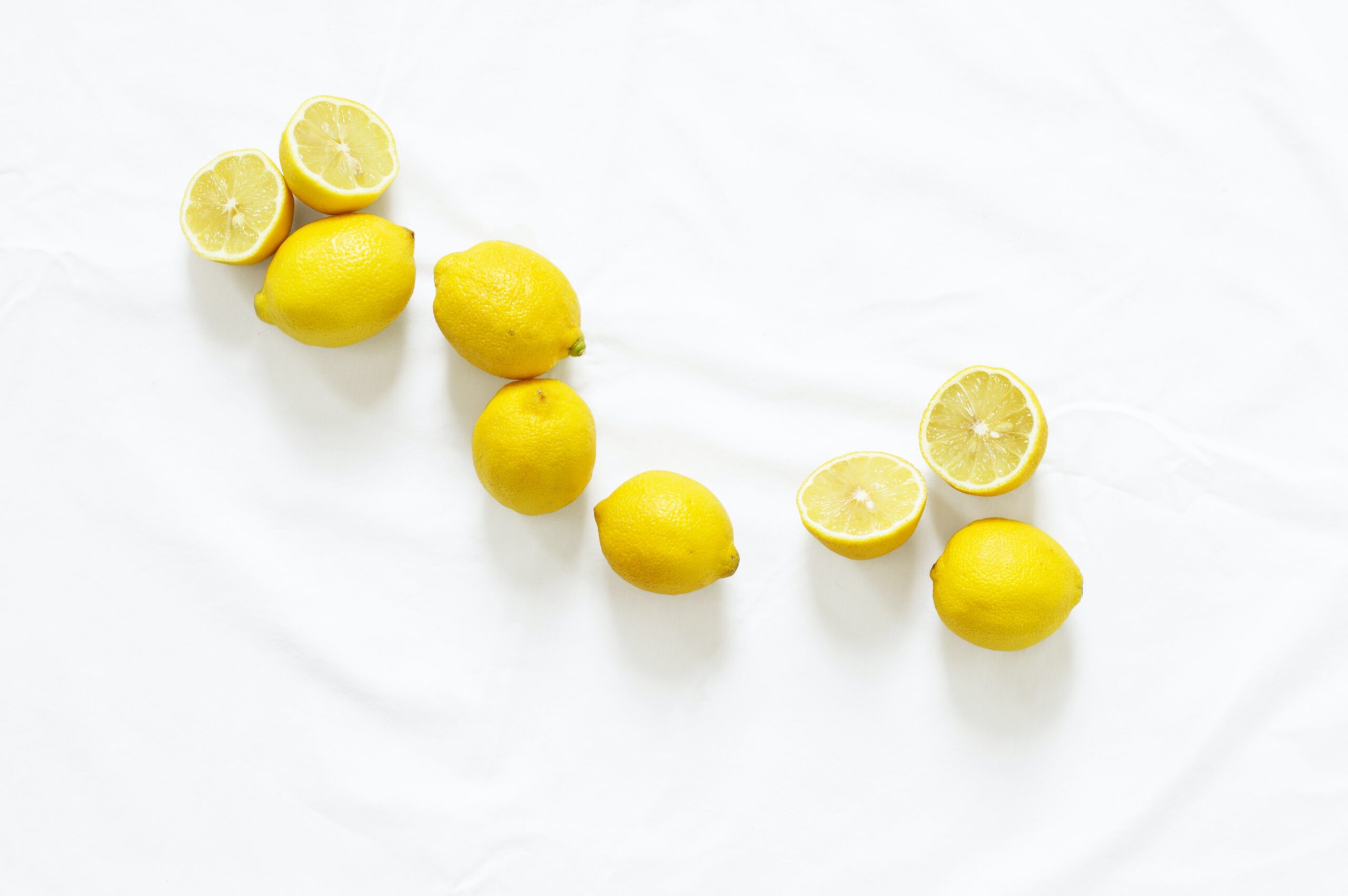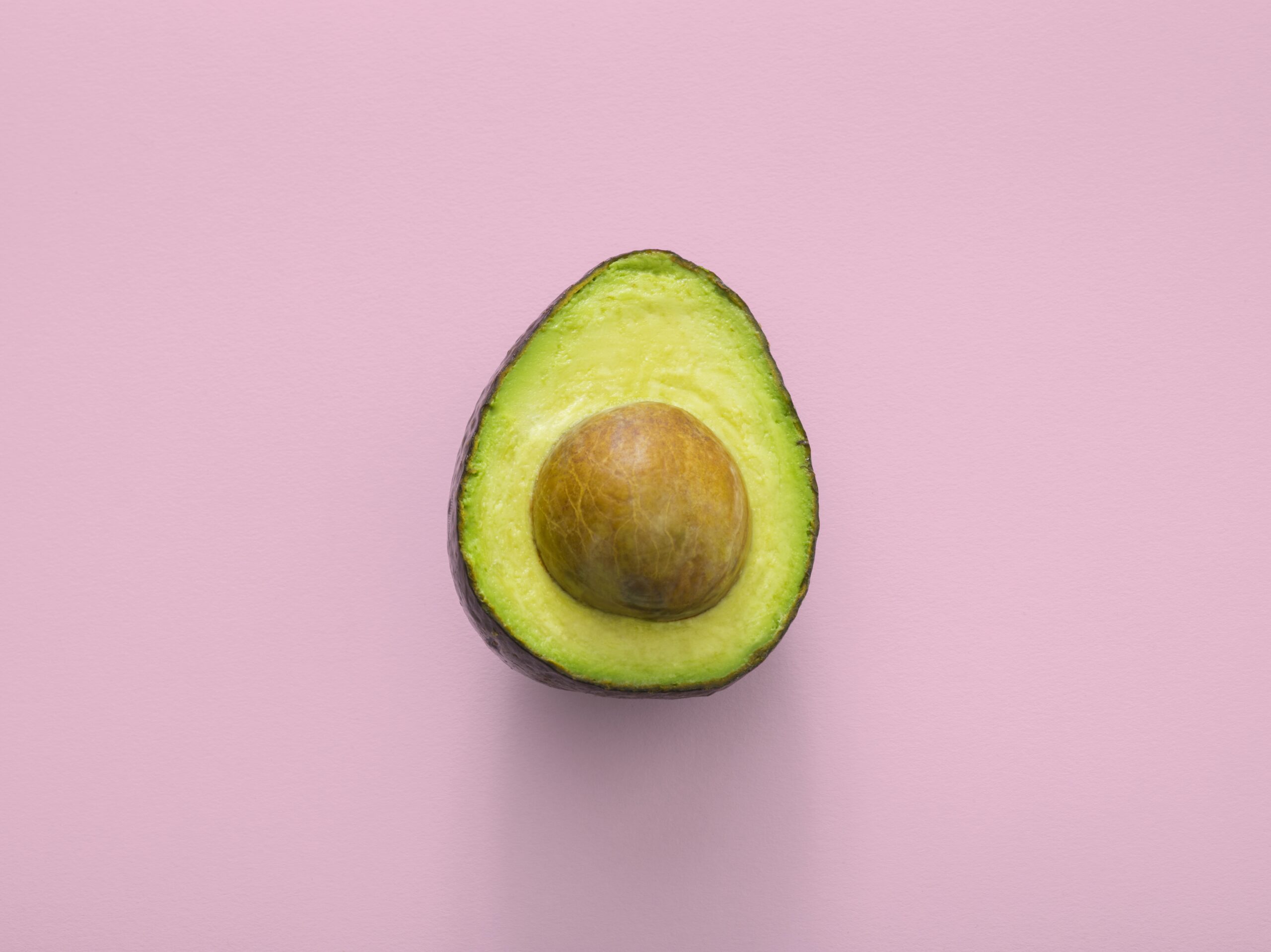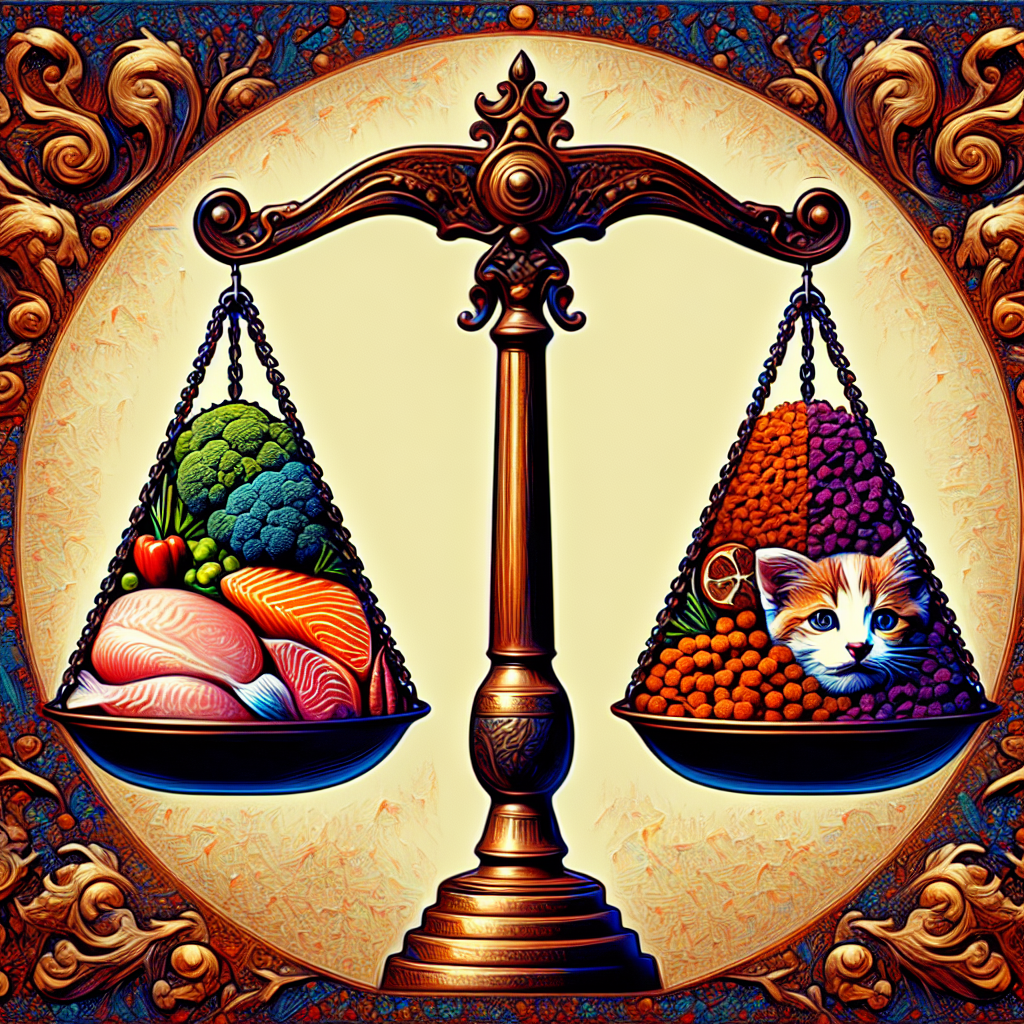If you’ve ever wondered whether your inquisitive feline companion can munch on dog food, you’re not alone. The debate surrounding whether cats can safely consume dog food has been a hot topic among pet owners. While both dog and cat food may seem similar, it’s essential to understand the differences in their nutritional needs to ensure your purring friend stays healthy and well-nourished. In this article, we’ll explore the topic of cats devouring dog food, shedding light on the potential risks and benefits to help you make an informed decision for your furry friend.
Can Cats Eat Dog Food?
If you’re a cat owner, you may have found yourself wondering whether it’s safe for your feline friend to indulge in a little dog food every now and then. After all, cats and dogs share so many similar traits, so how different can their nutritional needs really be? In this article, we’ll explore the nutritional differences between cats and dogs, the potential problems with feeding cats dog food, and the importance of providing your feline companion with a diet specifically tailored to their needs.
Nutritional Differences between Cats and Dogs
While cats and dogs may both be carnivores, their nutritional requirements are quite distinct. Cats are obligate carnivores, which means they require a diet predominantly made up of meat in order to thrive. On the other hand, dogs are omnivores, meaning they can obtain essential nutrients from both plant and animal sources.
Problems with Feeding Cats Dog Food
Feeding your cat dog food may seem like a convenient option, especially if you have both a cat and a dog at home. However, it’s essential to understand the potential problems associated with this practice. Cat owners need to be aware of the following issues:

This image is property of images.unsplash.com.
Inadequate Protein Content
One of the primary concerns with feeding cats dog food is the inadequate protein content. Cats require a higher amount of protein in their diet compared to dogs. Insufficient protein intake can lead to various health issues in cats, such as muscle wasting, weakened immune system, and poor overall growth and development.
Insufficient Taurine Levels
Cats have a higher demand for taurine, an essential amino acid, compared to dogs. Taurine plays a crucial role in heart function, vision, and reproductive health in cats. Dog food generally does not contain adequate levels of taurine, which can lead to serious health problems in felines.

This image is property of images.unsplash.com.
Imbalanced Vitamin and Mineral Composition
Cats have unique vitamin and mineral requirements that differ from those of dogs. Dog food may not provide the specific balance of nutrients that cats need to maintain optimal health. For instance, cats require higher levels of certain vitamins, such as vitamin A and niacin, to support their metabolic functions.
Potential Allergens in Dog Food
Some cats may have specific food allergies or intolerances that can be triggered by the ingredients commonly found in dog food. For example, grains like wheat or soy, which are often used in dog food, can cause allergic reactions in cats. It’s crucial to avoid exposing your feline friend to potential allergens that could harm their health.

This image is property of images.unsplash.com.
Impact on Cat’s Health
Feeding cats dog food for an extended period can have a detrimental effect on their overall health. Here are some of the potential issues that can arise:
Digestive Issues
Cats have a sensitive digestive system, and feeding them dog food can lead to digestive problems such as diarrhea, vomiting, and stomach upset. The composition of dog food may not be suitable for cats, leading to difficulties in digestion and nutrient absorption.

Urinary Tract Problems
An improper diet can put cats at a higher risk for developing urinary tract problems, including urinary tract infections and bladder stones. This is because dog food may not provide the appropriate pH balance and moisture content that cats need to maintain a healthy urinary system.
Weight Management Issues
Feeding cats dog food, which may be higher in carbohydrates and fats, can contribute to weight gain and obesity in felines. Cats are naturally predisposed to becoming overweight, and an unbalanced diet can exacerbate this issue, increasing the risk of other obesity-related health problems.

Behavioral Changes
A diet lacking in essential nutrients can affect a cat’s behavior and overall mood. Cats may become lethargic, irritable, or develop behavior problems if they are consistently fed dog food.
Not Recommended but Temporary Solutions
While it is not recommended to feed your cat dog food on a regular basis, there may be certain situations where it becomes necessary to supplement their diet temporarily. Here are a couple of options to consider:
Feeding Cat Small Amounts of Dog Food Occasionally
In rare instances, such as during an emergency or when you find yourself without cat food, feeding your cat small amounts of dog food for a short period may be acceptable. However, it’s crucial to transition them back to their proper diet as soon as possible.
Using Dog Food as a Treat
Another temporary solution is to use small pieces of dog food as treats for your cat. This can be a way to temporarily satisfy their curiosity or provide a little variety in their diet. However, keep in mind that treats should only make up a small portion of their overall daily calorie intake.
Tips for Transitioning Cat to Proper Diet
If you’re considering transitioning your cat to a proper diet, here are some tips to make the process smoother:
Seeking Veterinary Advice
Consulting with your veterinarian is crucial when making any changes to your cat’s diet. They can guide you on the specific nutritional requirements of cats and recommend appropriate diets for your feline friend.
Specific Cat Food Requirements
When choosing cat food, look for options that meet the following requirements:
High Protein Content
Ensure the cat food you select has a high-quality source of animal protein as the primary ingredient. This is essential for meeting your cat’s protein needs.
Adequate Taurine Levels
Check that the cat food contains sufficient taurine, either naturally or as an added supplement. This ensures your cat’s taurine requirements are met.
Balanced Vitamin and Mineral Composition
Verify that the cat food provides a balanced blend of essential vitamins and minerals, tailored to meet the specific needs of cats.
Avoiding Allergens and Harmful Ingredients
Read the ingredient list carefully and avoid cat foods that contain allergens or harmful ingredients that could potentially harm your cat’s health.
Conclusion
While cats and dogs may seem similar in many ways, including their love for food, it’s important to remember that their nutritional needs are significantly different. Feeding your cat dog food can lead to various nutritional deficiencies and health problems. To ensure your feline companion thrives, it’s essential to provide them with a diet specifically formulated to meet their unique needs as obligate carnivores. Consult with your veterinarian, choose high-quality cat food, and prioritize your cat’s health by avoiding the temptation to share dog food with them.

